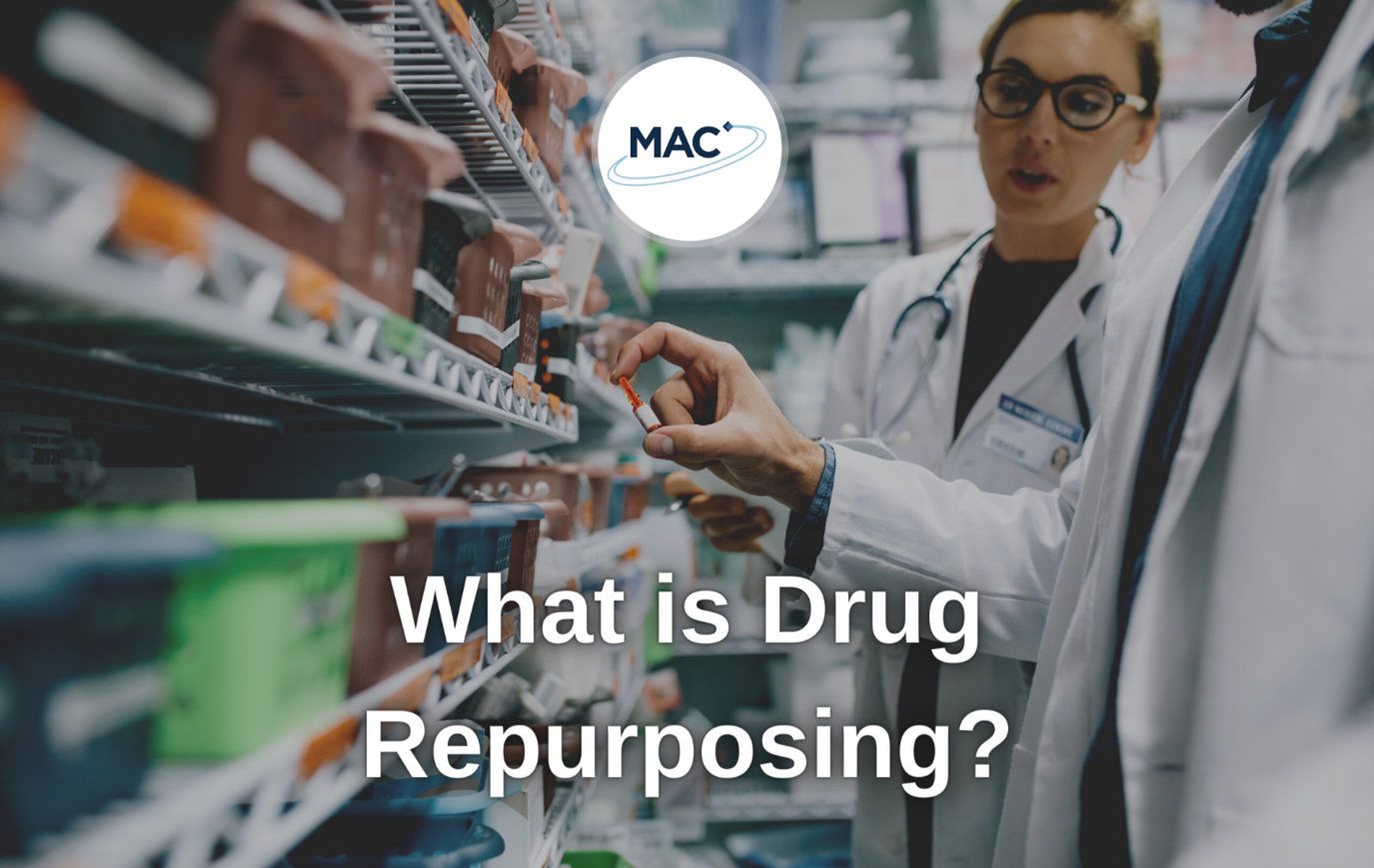Developing a new medicine can be a very long process. In fact, on average, it takes ten to twelve years for a new medicine to complete its journey from initial discovery in the lab, to the marketplace. Therefore, alternative methods are often used that can speed up the process of finding new treatments for conditions.
Drug repositioning (or repurposing) is the process of identifying new disease areas for existing drugs that are already in the chemist.
Drugs approved for other conditions have already been tested in humans, so detailed information is available on their safety, pharmacology, formulation, and potential toxicity. Repurposing can significantly reduce development time, and often avoids the need for large, expensive clinical trials that can take many years to complete. New candidate therapies can be ready for clinical trials quickly, speeding their review by the MHRA and, if approved, their integration into health care.
Studies show that some drugs may have the potential to help in the therapy of a variety of neurodegenerative diseases that affect the brain.
MAC Clinical Research are currently recruiting for a trial involving the repurposing of an existing drug for asthma, in the hope of providing new treatments for people with some brain disorders.
MAC are currently looking for people living with:
- MCI (Mild cognitive impairment)
- Parkinson’s Dementia
- Dementia with Lewy Bodies, and
- Parkinson’s with REM Sleep Behaviour Disorder.
It is known that use of this medication significantly improves blood flow in and out of the brain – called cerebral perfusion. The flow of nutrients and oxygen via the blood to the brain is increased.
Poor cerebral perfusion is associated with cognitive decline and diminished brain activity, which affects things like thinking, remembering, mood and sleep. These symptoms are poorly managed by existing treatments.
The drug is a ‘bronchodilator’ that works by relaxing and opening the airways to the lungs, making breathing easier. However, it also has an effect on widening the blood vessels in the brain.
Taking part in a study may be helping to contribute towards the development of a new treatment that which potentially could help improve the quality of life for many people living with these conditions. The studies are running at research clinics in Blackpool, Barnsley and Manchester. Eligible participants will receive £680 reimbursement for their time and commitment. For more information or to register your interest, please click here.






